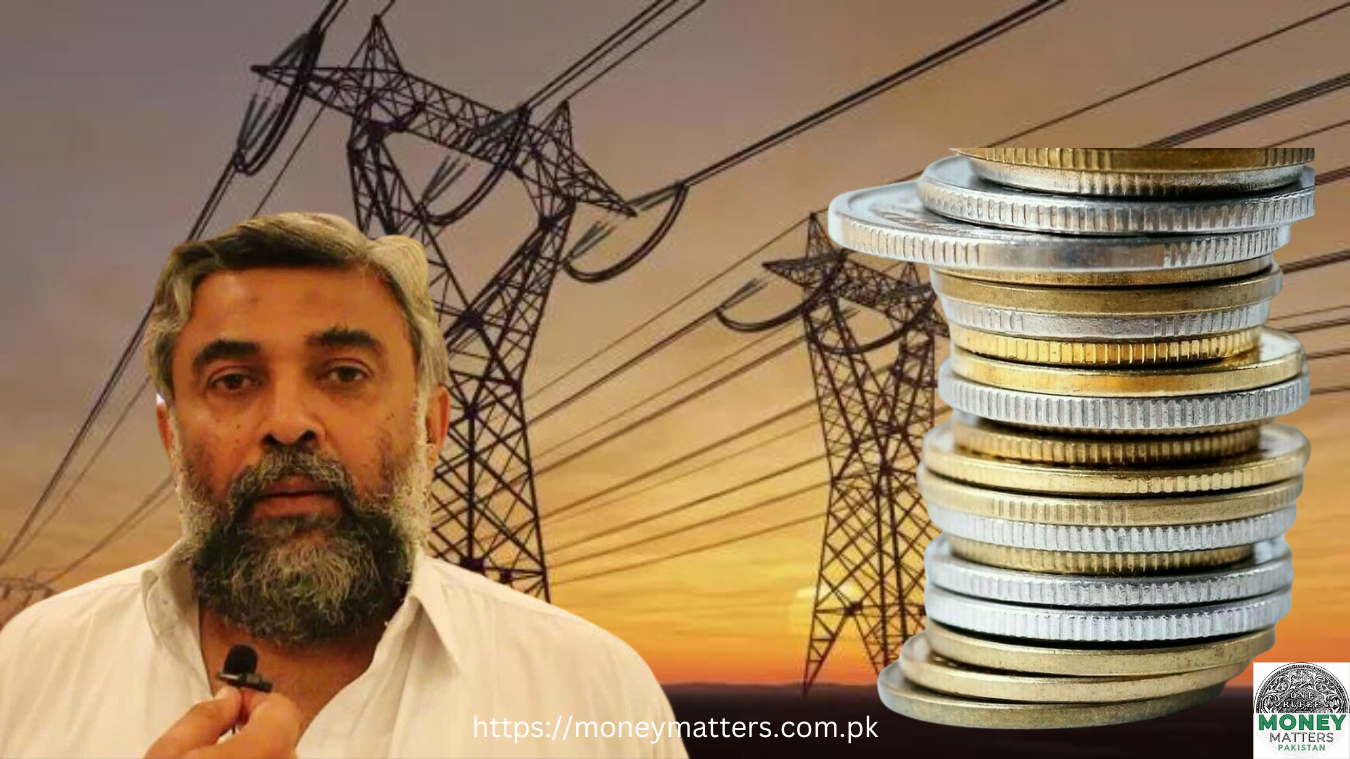Key Points:
- Costly electricity accelerates de-industrialization, posing risks to employment and poverty levels.
- Trillions spent on capacity payments to IPPs exacerbate circular debt, undermining the national economy.
- Call for policy reforms to support local industry through energy subsidies and infrastructure investment.
Karachi: Altaf Shakoor, Chairman of Pasban Democratic Party (PDP), has raised concerns over the rapid de-industrialization driven by soaring electricity costs in Pakistan. He warns that unless immediate measures are taken, this trend could exacerbate poverty and unemployment across the country.
Impact of Costly Electricity on Industry
Shakoor highlights the detrimental impact of expensive electricity, attributing it to the closure of industrial units and potential relocation of businesses abroad. He criticizes the substantial capacity payments made to Independent Power Producers (IPPs), labeling them as a drain on taxpayer money and a contributor to the escalating circular debt crisis. Despite these payments, he notes that frequent power outages persist, particularly troubling during the current hot weather when consumers face extensive load shedding.
Neglect of Agriculture and Industry
Expressing dismay over the neglect of vital sectors like agriculture and industry, Shakoor emphasizes their crucial role in economic stability. He criticizes the lack of governmental support and strategic planning, which he argues is pushing local industries towards closure or migration.
Policy Recommendations for Energy Reform
To mitigate these challenges, Shakoor advocates for a shift towards renewable energy sources such as solar and wind power. He calls for substantial government subsidies on solar panels and the establishment of new nuclear plants and hydel dams to produce cheaper electricity. Additionally, he demands the annulment of contracts with IPPs, particularly those related to capacity payments, and the implementation of a uniform electricity tariff to benefit all consumer categories.
Economic Strategy and IMF Policies
Concerned about the broader economic implications, Shakoor criticizes policies dictated by the International Monetary Fund (IMF), warning they could lead Pakistan towards bankruptcy and default. He urges for policies that prioritize local industries through targeted subsidies and tax relief, aiming to stabilize and rejuvenate the national economy.
Conclusion
In conclusion, Shakoor underscores the urgency for comprehensive energy reforms and strategic economic policies to safeguard Pakistan’s industrial base and alleviate the burden of costly utilities on businesses and consumers alike. He calls for proactive governmental intervention to foster an environment conducive to economic growth and sustainability.




